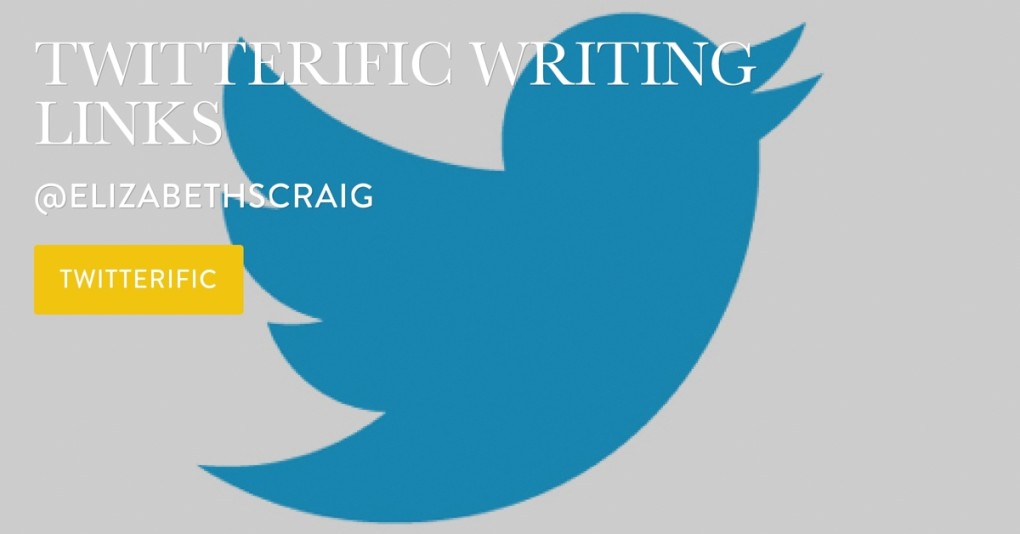by Elizabeth S. Craig, @elizabethscraig
Twitterific writing links are fed into the Writer’s Knowledge Base search engine (developed by writer and software engineer Mike Fleming) which has over 43,000 free articles on writing related topics. It’s the search engine for writers.
Have you visited the WKB lately? Check out the new redesign where you can browse by category, and sign up for free writing articles, on topics you choose, delivered to your email inbox! Sign up for the Hiveword newsletter here.
I had a new release last week. :) A Body in the Trunk, Myrtle Clover book 12, released on Tuesday.




